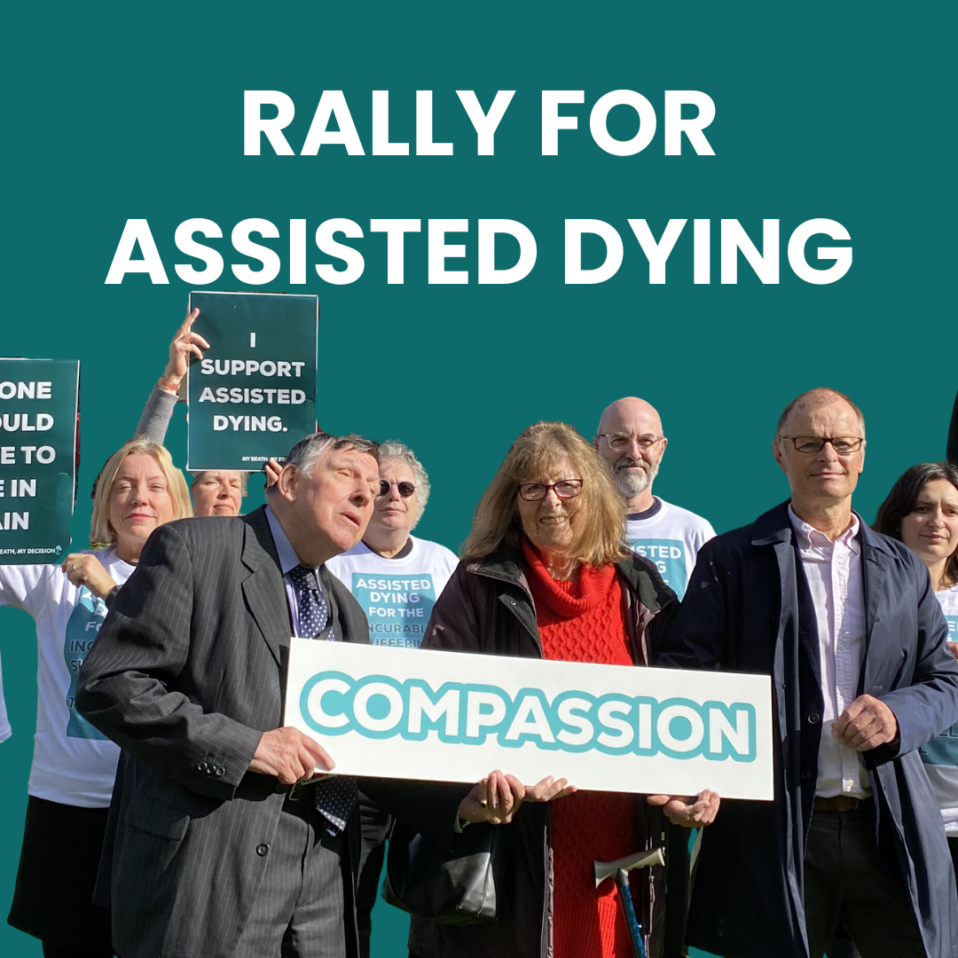Canada legalised a limited form of assisted dying in 2016. A long article in the New York Times gives a detailed and inspiring account of John Shields who died by lethal injection in British Columbia. He suffered from an incurable condition, amyloidosis, which gave him increasing pain that he no longer wished to endure.
The article contains a video, (about two thirds of the way through), of a goodbye party which Mr Shields held for his friends and family. There is much laughter and emotion. Mr Shields seemed totally at ease with the fact that he would soon be dead.
Among many interesting aspects to the story is the fact that Mr Shields had been a Catholic priest at one stage in his life. Another is that in Canada, patients who are accepted for medical assistance to die have the choice between either taking a lethal medication themselves (assisted suicide), or for a doctor to give them a lethal injection, (euthanasia). Most patients prefer the latter. However, this puts additional responsibility on the doctor and some doctors find themselves unable to help their patients in this way. Dr Stefanie Green, who ended Mr Shields life by lethal injection, makes a significant contribution by explaining her reasoning, and why she doesn’t believe that offering lethal medication goes against medical training. The article quotes her saying “I think people go into medicine because they want to help people. … This is on the continuum of care of helping people.”
MDMD hopes that the example set by Mr Shields and Dr Green will inspire others to see how someone can have a dignified death in a safe and compassionate manner – what for them is a “good death“. Why should people in the UK be denied a death like this, if that is their wish, when the alternatives are, for them, far less acceptable?








Recent Comments